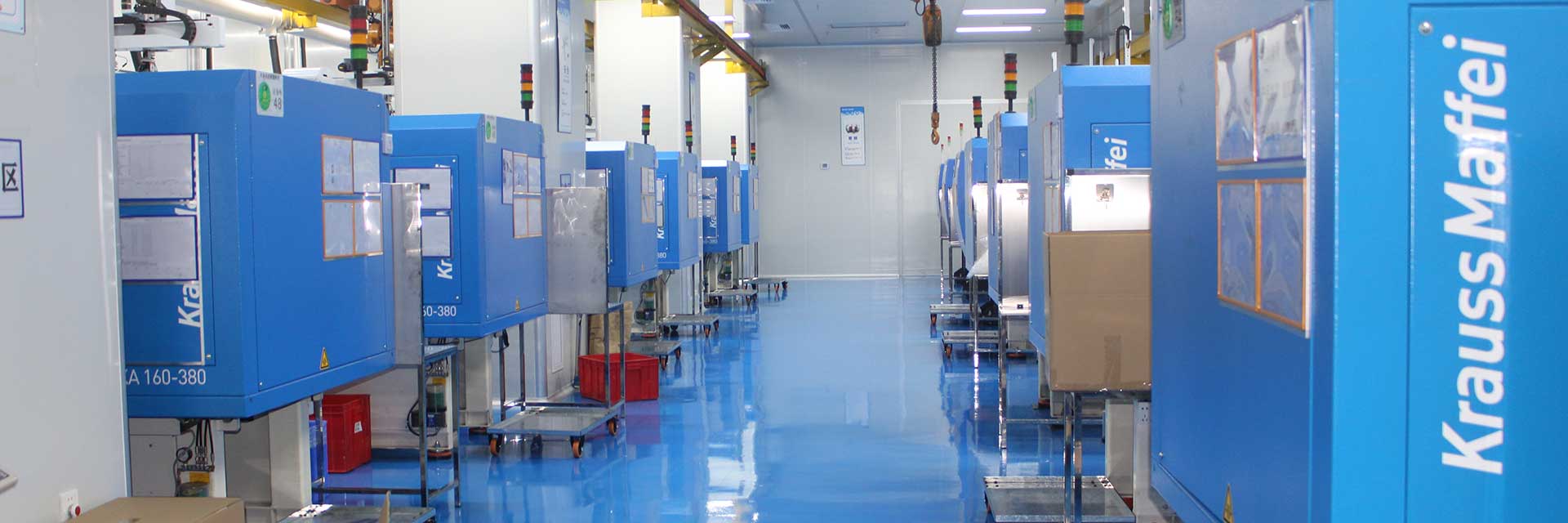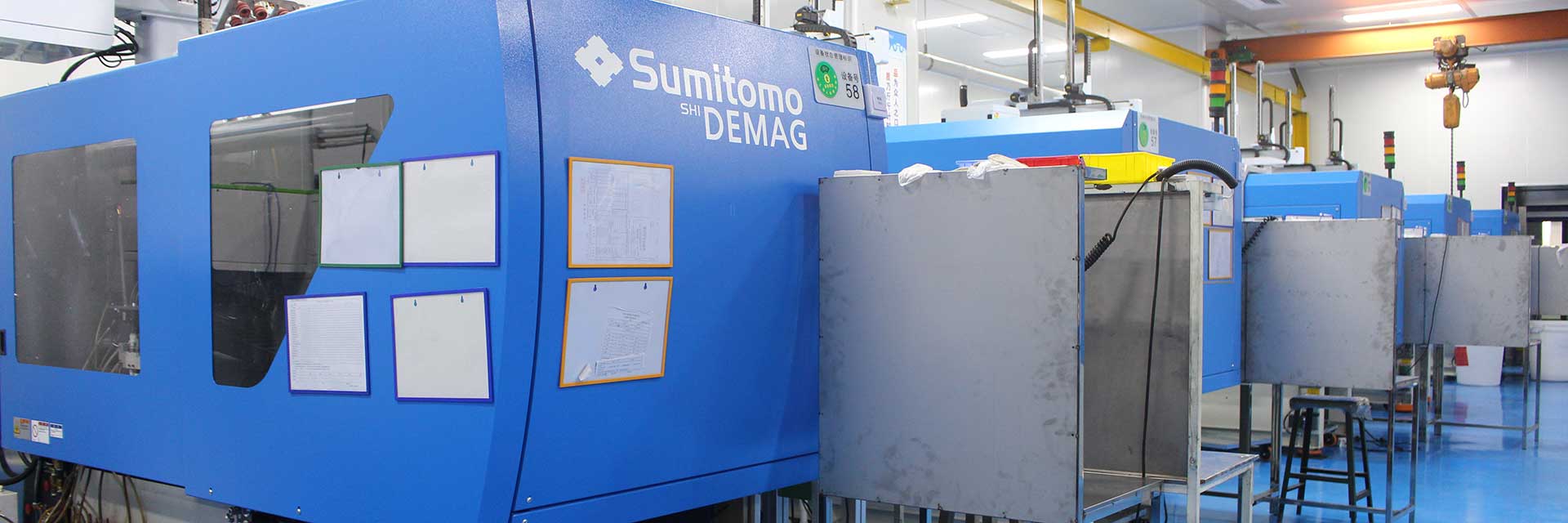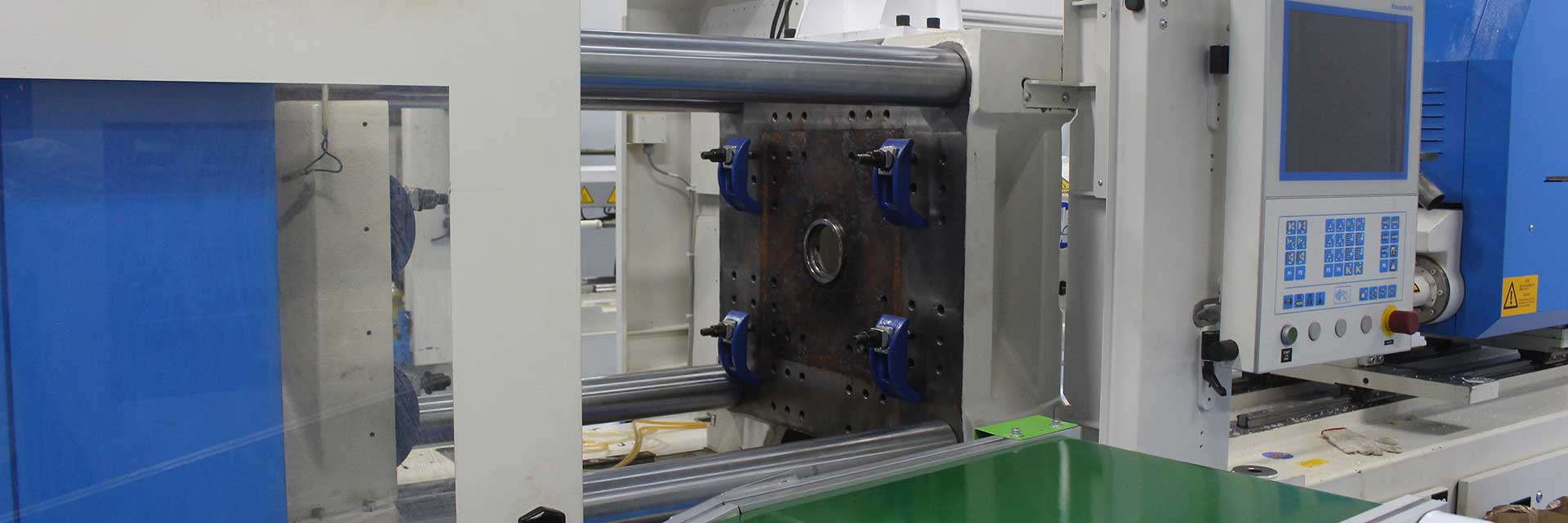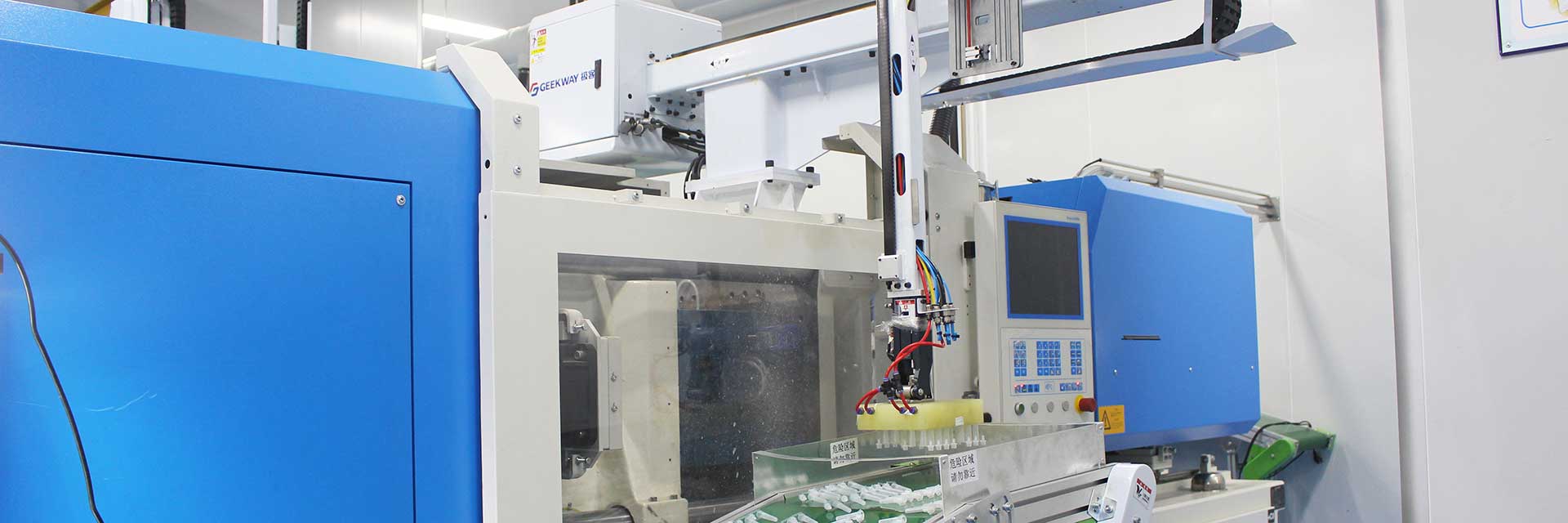There are diverse types of medical plastics, and each plastic grade’s utilization is often limited to specific applications due to inherent characteristics and design factors. The essential properties of medical plastic polymers are biocompatibility and sterilizable properties.
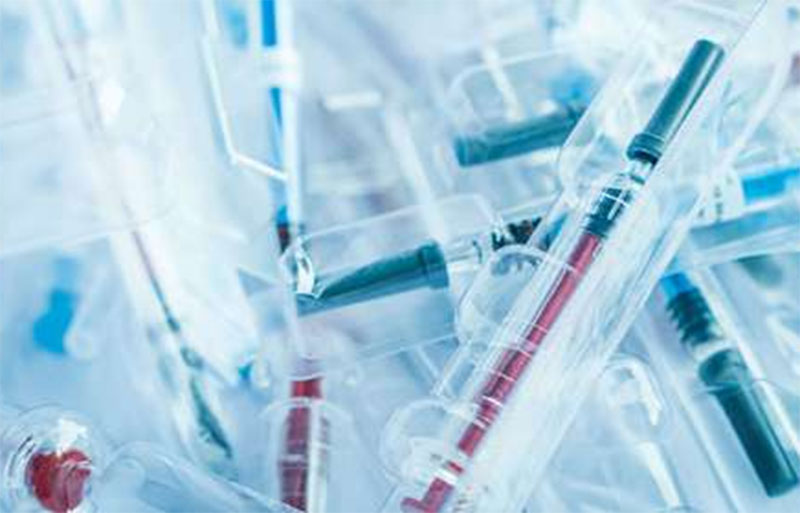
Biocompatibility
This property describes the compatibility of medical plastic polymers with the body tissues without adverse effects. Aside from this, these materials must not release toxins or produce immunological or allergic reactions on exposure to body fluids. As such, they do not interact with the body system due to their chemical and biological inertness.
Sterilization
The property describes the ability of medical plastic materials to undergo sterilization processes. For example, the medical plastic part produced must resist potential damages when exposed to sterilization methods such as gamma and UV radiations, autoclave steam, dry heat sterilizers, and liquid chemicals.
Below are some other essential properties of medical plastic polymers:
Good Mechanical Properties (abrasion resistance, impact strength)
Thermal Stability
Good Optical Properties or Clarity
Non-permeability
Chemical Resistance
Good Flame Retardation
Low Water Absorption

